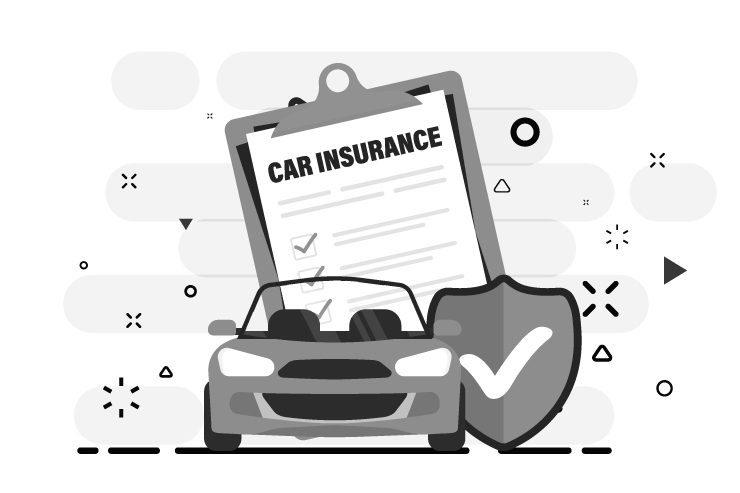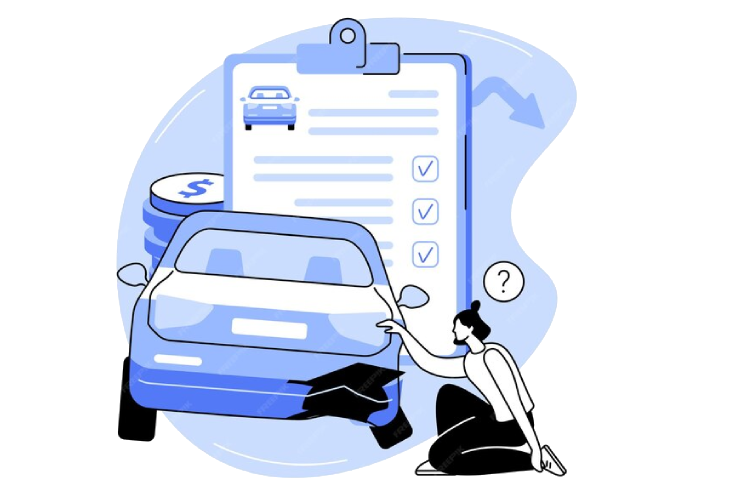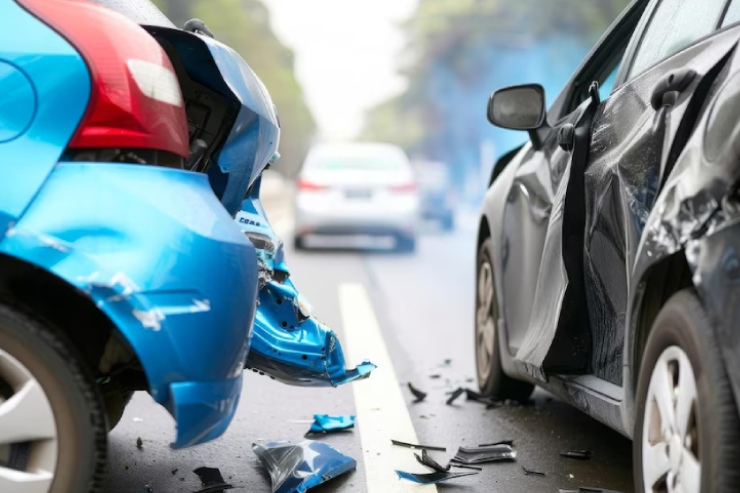
Every Canadian auto insurance policy covers accidents in the United States. This means that even without travel insurance, you can still receive medical and financial benefits.
After a motor vehicle accident, your recovery largely depends on the compensation you receive. In a cross border injury this compensation can only come from two sources: your insurer and the at-fault driver.
Pursuing medical and financial support alone is theoretically possible, but it risks missing out on substantial benefits and potentially losing the right to pursue them at all due to missed deadlines or improper procedures. It is for this reason, among others, that most people opt for an experienced injury lawyer.
At Cross Border Injuries our lawyers work on a contingency basis. This means that we take no upfront payment and are only reimbursed if we are successful.

As Canadians, we are entitled to free healthcare, no matter which province we visit. The question of medical assessment and care after a car crash in America is not so straightforward. See here. Some auto insurance plans may cover U.S. treatment, but there is no guarantee. Your province’s health insurance plan may offer additional subsidies for injuries while traveling, but the amount is minimal, and not all provinces provide this benefit.
With the state of American healthcare, even a minor medical mishap can lead to major financial hardship. We always recommend purchasing travel insurance before going across the border.
Depending on the severity of your accident, you may require medical care not covered by your provincial health care program. By pursuing legal action, you can access the treatments and assessments you need without paying out of pocket. In addition, you may be entitled to financial aid to help with lost income and extra expenses.
You may have access to two separate sources of compensation. One is guaranteed; the other becomes available only if you did not cause the accident. Learn more about how fault is determined.
Your auto insurance company must provide medical and financial benefits, whether you caused the accident or not. Pursuing this legal path is called a first-party or accident benefits claim.
The second means of receiving funds for your recovery is through a third-party or tort claim. This legal process focuses on receiving compensation from the at-fault driver. In cases where the at-fault driver has insurance, this compensation would be delivered by their insurance provider.
Normally, pursuing each of these claims would be relatively straightforward. Unfortunately, an accident away from home creates added legal complications.
Lawyers cannot take cases that occurred outside the region they are licensed in. As someone whose MVA happened away from home, this poses a major problem.
You cannot initiate a Tort claim without hiring a lawyer based in the accident location. Cross Border Injuries recognizes this problem as the leading cause of unpaid compensation for traveller injuries.
Without a Tort claim you lose compensation for;
With Cross Border Injuries you can initiate a legal claim in any Canadian province or state, no matter where you live. We manage lawyers all over Canada and the United States and are experts in cross-border accident claims.
Send us an email or give us a call to learn more.
In every Canadian province except Newfoundland and Labrador, auto insurers must pay medical and financial benefits regardless of fault. These benefits are outlined in the Statutory Accident Benefits Schedule (SABS), also known as Section “B” benefits. Although benefits vary, you are entitled to compensation whether you caused the accident or not.
For a third-party or tort claim—a claim against another vehicle—the compensation amount will depend on your percentage of responsibility for causing the accident. This is called comparative negligence and applies in most of Canada and the U.S.
The insurance companies will review the facts of the accident and attribute a percentage of blame to the vehicles involved. This percentage is not fixed. A good lawyer will complete an accident reconstruction drawing and hire engineers to reduce any of your blame.
It’s your right to file a legal claim for the medical and financial support you need after a car crash.
It is important to know that if you wait too long, you may lose your right to an injury claim.
The time limit to file a claim is known as the limitation period and varies between provinces and states. Generally, this period is between 2 and 5 years. If your accident is older than the limitation period you may still be able to pursue legal action. This will depend on the circumstances surrounding your accident. A lawyer can help determine if you are eligible to start a personal injury claim.
Contact us for a free consultation with a lawyer practicing in your accident location.


Seek medical attention first. Contact local law enforcement, exchange information with the other party, and document the scene. Notify your insurance company as soon as possible.
Generally, yes. Most auto insurance policies provide accident coverage for Canadians visiting the United States. However, you may still encounter differences in coverage and regulations. Your lawyer will be able to determine the extent of your coverage.
Your lawyer can represent you without requiring you to travel. Modern communication tools make it possible for you and your out-of province attorney to manage your case efficiently and effectively without having to leave your home
In many jurisdictions, you are still eligible for compensation even if you were partially at fault. The legal principle of comparative negligence may apply, and your compensation could be reduced based on your level of responsibility.
Yes, both Canadian and U.S. jurisdictions have statutes of limitations. For local cases, Canadians can have one to six years to file a claim with the courts. In America this range is even greater with the limitation being one to ten years depending on the state.
Compensation may include both pecuniary and non-pecuniary damages. These include medical expenses, property damage, lost wages, and pain and suffering. The specific damages depend on the circumstances of the accident and the applicable laws. It is the duty of an attorney to secure all benefits available to you.
Copyright © 2024 Cross Border Injuries![]()